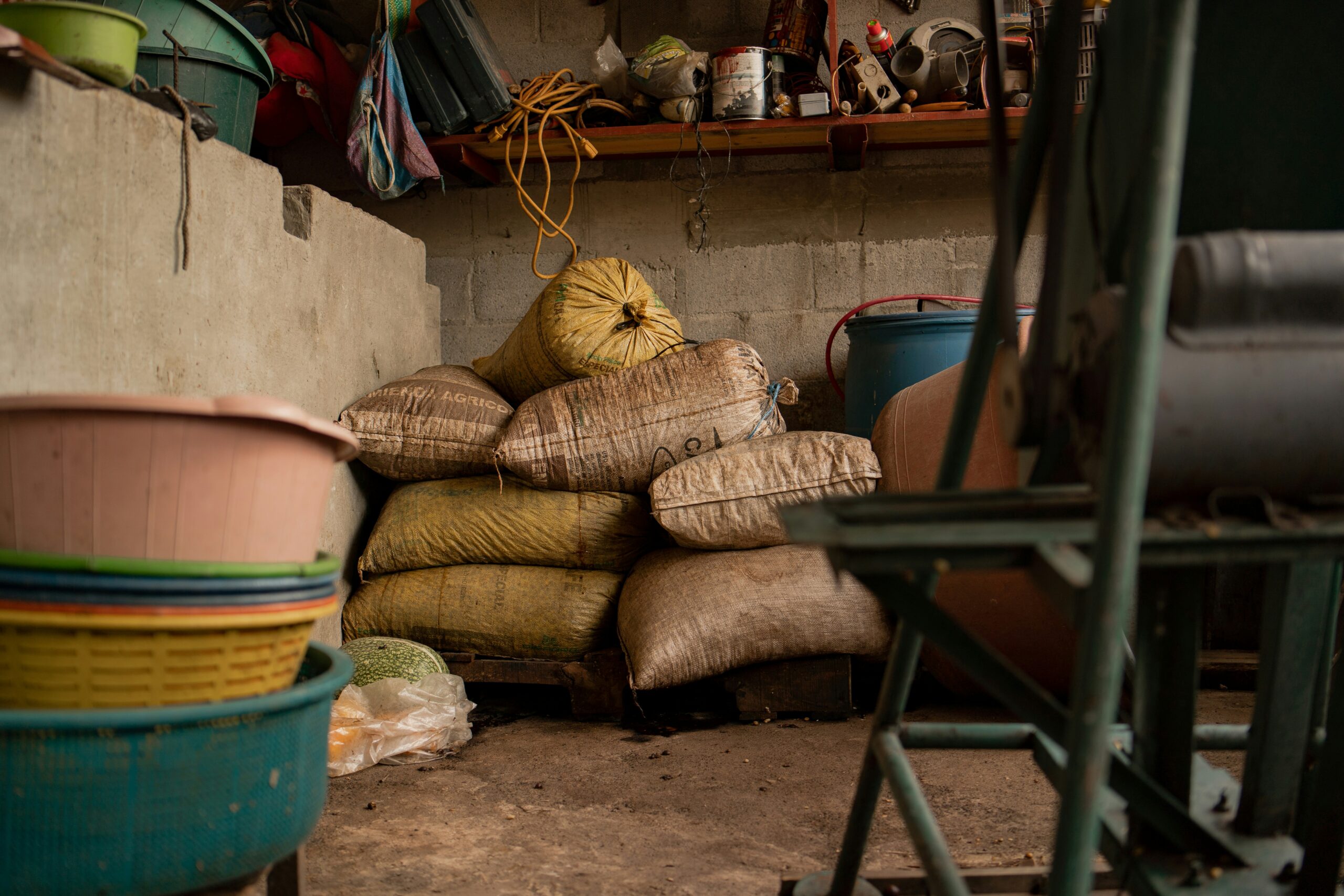
Beyond Profit: An Introduction to the Solidarity Economy
In a world where economic growth often overshadows community and environmental well-being, the concept of the “solidarity economy” offers a refreshing perspective. Unlike traditional models focused on profit maximisation and market competition, the solidarity economy emphasises cooperation, social equity and ecological sustainability. But what exactly does this model entail, and how does it propose a different way of achieving prosperity?
This blog is part of our current series exploring alternative economic models.
What is the solidarity economy?
The solidarity economy is an alternative model that prioritises cooperation, social equity and environmental sustainability over profit and competition. It includes practices like worker cooperatives, fair trade and ethical finance to promote shared prosperity and empower communities.
At its core, the solidarity economy is a movement and a framework aimed at building an economy rooted in human and environmental values. It prioritises collective well-being, fairness and sustainability, focusing on need over profit. Proponents champion cooperation and mutual aid rather than individual competition, aiming to build inclusive and just communities.

In practice, the solidarity economy encompasses initiatives like worker cooperatives, fair trade, community-owned businesses and ethical finance. Through these, it seeks to empower communities, ensure economic stability for all, and promote resource stewardship. Unlike profit-driven models, solidarity-based economies work toward reducing inequality and uplifting marginalized groups by ensuring everyone has a voice in economic decision-making.
What’s the difference?
While traditional capitalism focuses on maximizing shareholder value, the solidarity economy stresses value for all stakeholders – employees, communities and the environment. This shift allows businesses and communities to prioritise resilience and long-term sustainability over short-term gains.
Additionally, it encourages ethical business practices. Fair-trade organisations, for instance, ensure that producers receive fair compensation, challenging the exploitative aspects often seen in global trade. Meanwhile, worker cooperatives, another pillar of the solidarity economy, share profits with employees and give them a say in business decisions, thereby promoting a more inclusive workplace structure.

However, critics argue that its focus on small-scale, community-driven enterprises may lack the efficiency needed for large-scale economic challenges. Without the competitiveness of traditional markets, detractors claim that businesses in this model may struggle to scale or sustain profitability.
Who is in support?
The movement is championed by economists, activists and organisations worldwide, such as the U.S. Solidarity Economy Network and RIPESS (Réseau Intercontinental de Promotion de l’Economie Sociale Solidaire). In their view, the solidarity economy offers a pathway toward fairer, greener economies that can address global crises, such as the climate crisis and income inequality. They see it as a complement to the Sustainable Development Goals promoted by international organisations like the United Nations.
Yet, some economists remain skeptical, questioning whether solidarity-based practices can withstand competitive pressures without additional government support or policy changes. The debate reveals the challenges of applying these principles within a system that tends to prioritise profits over people.



